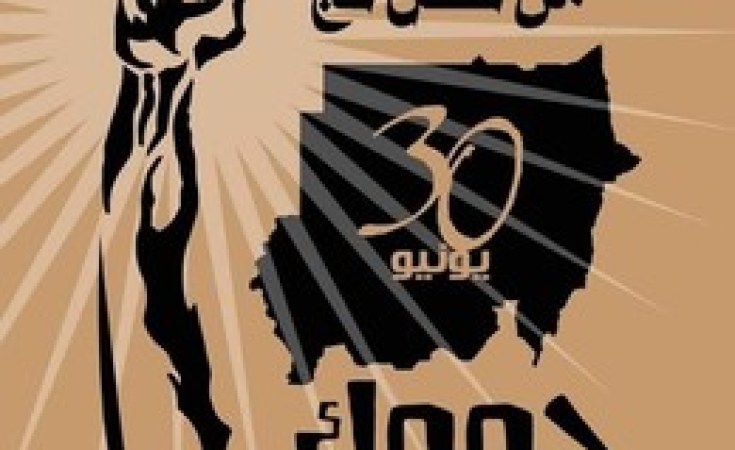Khartoum — A group of Sudanese intellectuals and political activists recently put forward "a national vision" to stop the war between the Sudan Armed Forces (SAF) and the Rapid Support Forces (RSF) and establish a new nation on a broad grassroots base that "already exists and is working effectively".
Esmat El Dasees, student activist in the 1990s, currently member of the National Umma Party Sudan, and chair of one of the political groups that put forward the vision, told Radio Dabanga that the "people on the ground" are now doing what the authorities should do.
"The Sudanese in the street have already taken over several tasks of the government. Humanitarian work is now managed by volunteers while the state's intervention is represented by the widespread theft of aid items."
El Dasees called on the emergency rooms set up by volunteering professionals in cooperation with members of resistance committees active in the neighbourhoods and villages in the country to continue managing the provision of services during the war.
"The proposed national vision adopts a new mode of thinking that is far from romantic. It proposes solutions to the current situation by obliging the international community and the de facto Sudanese authority to deal with the members of the emergency rooms," he explained.
"We should consider members of the emergency rooms temporary representatives of political parties in managing the effects of the war. And because of their actions and knowledge of the areas they are working in, the international community recognises the emergency rooms as an effective support in providing humanitarian aid to those affected by the violence."
"'Problems such as the failure to form a legislative council and a widely accepted government could have been solved by considering the resistance committees as grassroots authorities.' - Esmat El Dasees
The political activist criticised "the nature of the Sudanese political mind that refuses to deal with democratic grassroots groups, such as the resistance committees.
"The current war is the logical outcome of a decades-long crisis in the country in which everyone strives for improving his own situation instead that of the country," he said.
"Problems such as the failure to form a legislative council and establish a balanced and widely accepted government could have been solved by considering the resistance committees as grassroots authorities."
No parliament formed
In September 2019, five months after the ousting of the regime of Omar Al Bashir, in April 2019, Prime Minister Abdallah Hamdok formed a civilian-led government with politicians affiliated with the Forces for Freedom and Change (FFC), an alliance of political parties and professional groups supporting the revolution against the deposed dictator.
More than a year later, after the government had signed the Juba Peace Agreement (JPA) with a number of rebel groups in the country, the FFC parties began to discuss the establishment of a new legislative assembly. In early November 2020, during an official meeting of the FFC, rebel leaders, and representatives of resistance committees in Khartoum regarding the distribution of seats in parliament, the resistance committees accused the FFC of seeking to abort what is left of the revolution by deliberately excluding the resistance committees from preliminary meetings on the formation of the legislative council, and left the meeting.
In response, the Sudanese Professionals Association (SPA), the driving force behind the December 2018 revolution, issued a statement demanding a fair representation in the parliament of "all the forces of the revolution," including the resistance committees.
Until the joint SAF-RSF coup d'état on October 25, 2021, however, no parliament was formed.
In August last year, the then mainstream FFC (FFC-Central Council published its new political charter. They expressed their desire to consult with the resistance committees, but this did not happen, Radio Dabanga reported in an overview of the various anti-coup initiatives at the time.
The resistance committees of Wad Madani, capital of El Gezira, and Khartoum earlier that year published their own charters for a democratic Sudan. The charters both called for civilian-led democratic governance and prioritised social justice, but differed slightly in the way of implementation.
Plans to merge the two texts were realised in end September, when 55 resistance committees and other revolutionary bodies signed the first version of the new Revolutionary Charter for the Establishment of the People's Authority.
Resistance committees in Khartoum announced in January that they were forming legislative councils in the city's neighbourhoods, which should serve as a base for the formation of the national legislative council.


